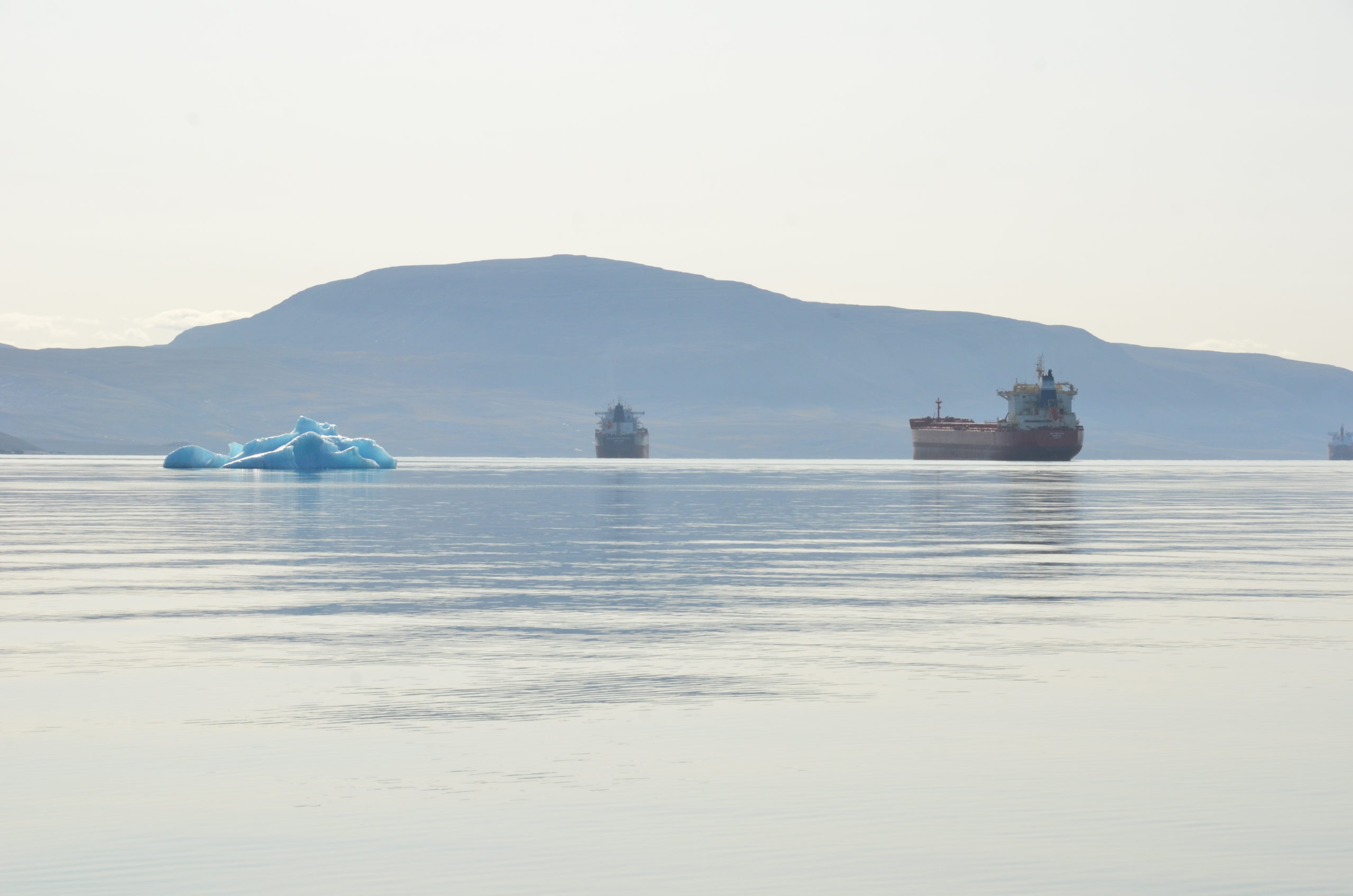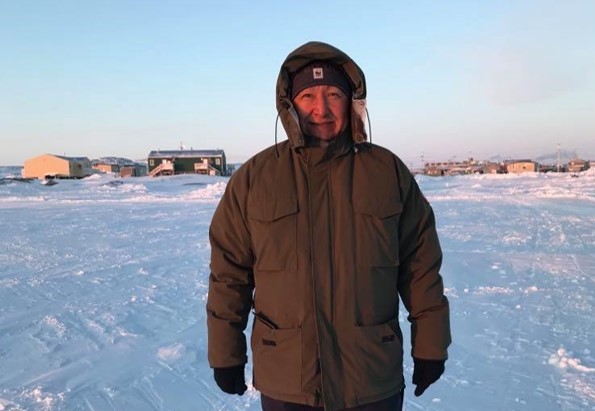In the harsh Arctic environment, diesel is, above all else, reliable. That’s crucial in 24-hour darkness and –40C temperatures. Unfortunately, this reliability has high logistical, financial and environmental costs, hindering the self-sufficiency and independence of remote communities. The cost and logistics surrounding diesel use are complicated by harsh weather that affects shipments.
Habitat-friendly renewable energy from solar and wind offers a cost-effective way to reduce reliance on fossil fuels and can also limit the risk of an oil spill in the Arctic marine environment.















